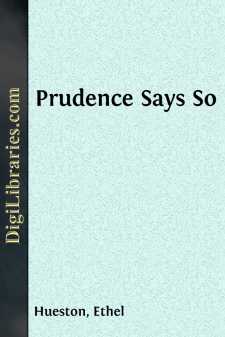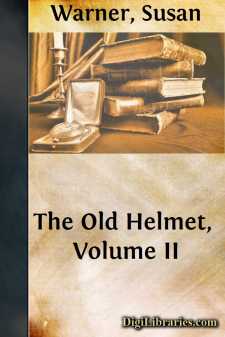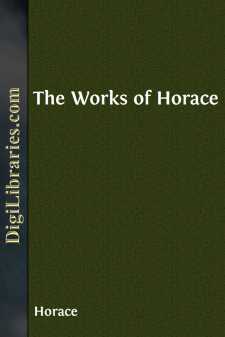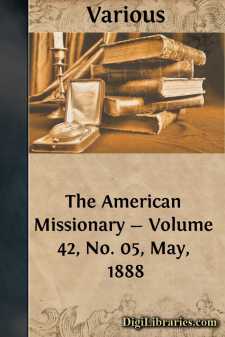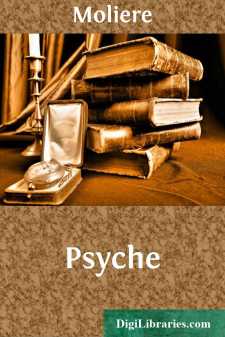Categories
- Antiques & Collectibles 13
- Architecture 36
- Art 48
- Bibles 22
- Biography & Autobiography 813
- Body, Mind & Spirit 142
- Business & Economics 28
- Children's Books 17
- Children's Fiction 14
- Computers 4
- Cooking 94
- Crafts & Hobbies 4
- Drama 346
- Education 46
- Family & Relationships 57
- Fiction 11829
- Games 19
- Gardening 17
- Health & Fitness 34
- History 1377
- House & Home 1
- Humor 147
- Juvenile Fiction 1873
- Juvenile Nonfiction 202
- Language Arts & Disciplines 88
- Law 16
- Literary Collections 686
- Literary Criticism 179
- Mathematics 13
- Medical 41
- Music 40
- Nature 179
- Non-Classifiable 1768
- Performing Arts 7
- Periodicals 1453
- Philosophy 64
- Photography 2
- Poetry 896
- Political Science 203
- Psychology 42
- Reference 154
- Religion 513
- Science 126
- Self-Help 84
- Social Science 81
- Sports & Recreation 34
- Study Aids 3
- Technology & Engineering 59
- Transportation 23
- Travel 463
- True Crime 29
Sort by:
by:
W. Stanley
[Transcriber's Notes] Conventional mathematical notation requires specialized fonts andtypesetting conventions. I have adopted modern computer programmingnotation using only ASCII characters. The square root of 9 is thusrendered as square_root(9) and the square of 9 is square(9).10 divided by 5 is (10/5) and 10 multiplied by 5 is (10 * 5 ). The DOC file and TXT files otherwise closely approximate...
more...
CHAPTER I "A club for diplomats and gentlemen," Prince Karschoff remarked, looking lazily through a little cloud of tobacco smoke around the spacious but almost deserted card room. "The classification seems comprehensive enough, yet it seems impossible to get even a decent rubber of bridge." Sir Daniel Harker, a many years retired plenipotentiary to one of the smaller Powers, shrugged...
more...
IN a former narrative, published in the preceding volume of the ILLUSTRATED TRAVELS, I gave an account of a terrible cyclone which visited the north-eastern coast of Queensland in the autumn of 1866, nearly destroying the small settlements of Cardwell and Townsville, and doing an infinity of damage by uprooting heavy timber, blocking up the bush roads, etc. Amongst other calamities attendant on this...
more...
by:
Ethel Hueston
THE CHAPERON"GIRLS,—come down! Quick!—I want to see how you look!" Prudence stood at the foot of the stairs, deftly drawing on her black silk gloves,—gloves still good in Prudence's eyes, though Fairy had long since discarded them as unfit for service. There was open anxiety in Prudence's expression, and puckers of worry perpendicularly creased her white forehead....
more...
TOMMY TROT’S VISIT TO SANTA CLAUS I The little boy whose story is told here lived in the beautiful country of “Once upon a Time.” His name, as I heard it, was Tommy Trot; but I think that, maybe, this was only a nick-name. When he was about your age, he had, on Christmas Eve, the wonderful adventure of seeing Santa Claus in his own country, where he lives and makes all the beautiful things that...
more...
by:
Susan Warner
CHAPTER I. IN THE SPRING. "Let no one ask me how it came to pass; It seems that I am happy, that to me A livelier emerald twinkles in the grass, A purer sapphire melts into the sea." Eleanor could not stay away from the Wednesday meetings at Mrs. Powlis's house. In vain she had thought she would; she determined she would; when the day came round she found herself drawn with a...
more...
THE LINE-RIDER Day was breaking in the Panhandle. The line-rider finished his breakfast of buffalo-hump, coffee, and biscuits. He had eaten heartily, for it would be long after sunset before he touched food again. Cheerfully and tunelessly he warbled a cowboy ditty as he packed his supplies and prepared to go. "Oh, it's bacon and beans most every day,I'd as lief be eatin' prairie...
more...
by:
Horace
THE FIRST BOOK OF THE ODES OF HORACE. ODE I. TO MAECENAS. Maecenas, descended from royal ancestors, O both my protection and my darling honor! There are those whom it delights to have collected Olympic dust in the chariot race; and [whom] the goal nicely avoided by the glowing wheels, and the noble palm, exalts, lords of the earth, to the gods. This man, if a crowd of the capricious Quirites strive to...
more...
by:
Various
American Missionary Association. Six months of our fiscal year have come to a close. It may be of interest to our readers to know how our treasury compares with the same period of time last year. During this half-year, there has been an increase in collections of $6,250.73, a decrease in the amount paid in from estates and legacies of $2,880.05, making a balance in the total receipts, of $3,370.68 in...
more...
by:
Moliere
PROLOGUE. The front of the stage represents a rustic spot, while at the back the sea can be seen in the distance. SCENE I. Flora. appears in the centre of the stage, attended by Vertumnus, god of trees and fruit, and by Palemon, god of the streams. Each of these gods conducts a troup of divinities; one leads in his train Dryads and Sylvans, and the other River Gods and Naiads. Flora sings the...
more...





